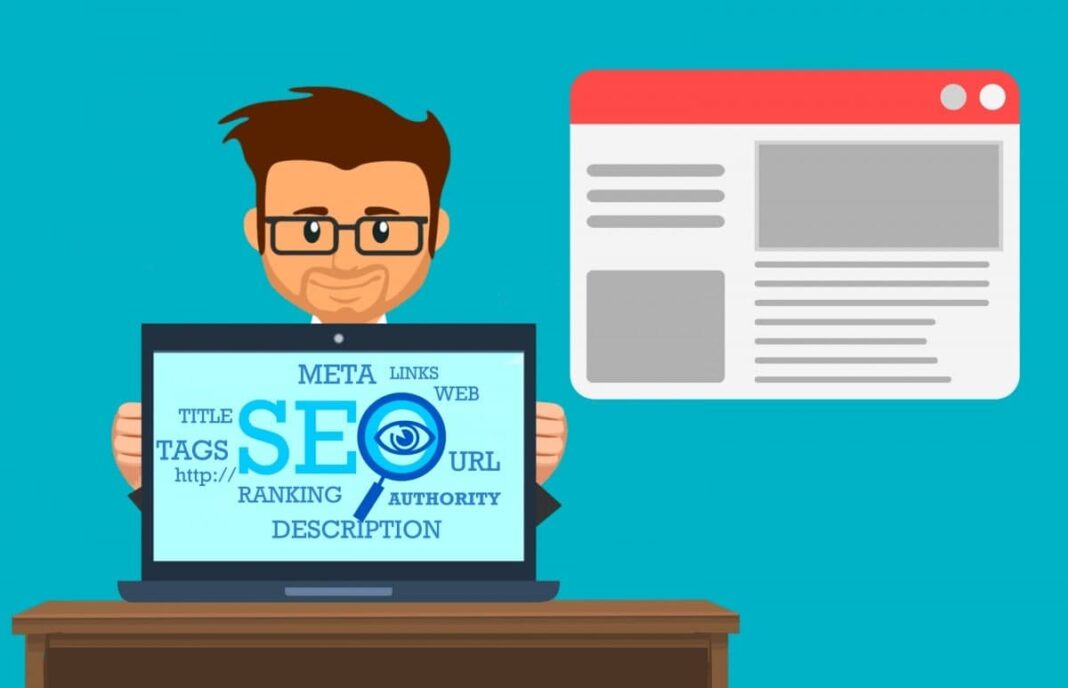When you become an SEO reseller, you’ll gain a lot of freedom. Not only will you be able to devote more time to the efforts you really care about, but you’ll also have the flexibility to take on more clients — and to make more money.
One of the great things about becoming a reseller is that you’ll gain access to SEO services at a wholesale price. That allows you to save money from the start, but it also lets you mark up the price of these services to your own clients. Ultimately, this can allow your business to grow exponentially.
However, you’ll still need to price those SEO services correctly in order to prosper. There isn’t one standard rate for SEO services, particularly because service packages come with different deliverables and perks based on the provider. Even among white label agencies, you’ll see quite a bit of variation in terms of cost.
This can make it difficult to determine how much you should be charging your clients for these services. If you charge too little, you’ll miss out on a major opportunity and undervalue what you can offer. But if you charge too much, clients might be scared off and work with a competitor who can offer a lower price.
Finding that “sweet spot” is a must, but how do you determine pricing for your outsourced SEO services? These tips should point you in the right direction.
Scope Out the Competition
Establishing the right pricing strategy for your SEO depends on conducting a competitive analysis first. You need to take a closer look at your competitors and what they’re charging for SEO services. This doesn’t necessarily mean you have to offer the lowest-priced SEO, however. Their pricing can give you a general idea of what to expect, but it may not tell the whole story. You’ll also need to consider what’s included in their packages and how your services will differentiate you in the marketplace.
Once you really understand what they’re offering (and what they aren’t), you can figure out how you’ll fill the gap and how you can justify a certain percentage of markup without undervaluing or overpricing.
Zero in on Value
In some cases, the deliverables that you value might differ from the ones your customer values. You might understand that long-form content is critical for websites, but your client may value other marketing aspects a bit more right now. This will largely depend on your client’s experience with SEO and their individual marketing goals.
Even if your idea of value doesn’t totally align, you can use this information to inform your pricing structure. Whether you’re focusing on new leads or you have current customers to question, you’ll want to figure out exactly what they value most. Whether or not those ideas reflect current SEO trends, those are the deliverables your clients will be willing to pay the most for.
That said, illustrating the value of a specific deliverable for your customer — even if they aren’t yet on board — will make all the difference. If you really show how certain products and strategies can allow them to achieve their end goals, they’ll be a lot more willing to shift their marketing budget around to accommodate your recommendations. Rather than trying to convince them to make a purchase with a slick sales pitch, personalize your approach and help them understand the cause and effect of SEO for their business. When a customer can identify the value of a service, they’ll usually be able to justify the price.
Know When to Listen
Customer feedback is incredibly valuable. Getting to know where your customers are coming from — and what they’re willing to pay for — is essential when determining your SEO pricing. If you’re able to get a response from current or prospective customers (whether it be positive or negative), you’re gaining knowledge that you might not otherwise have.
On the other hand, that doesn’t mean you should always bend to every whim of your customer. There will always be clients who will try to negotiate for a lower price, despite whatever breaks you’ve given them in the past. That doesn’t mean you should leave your rates open for negotiation at any time or that you lower your price just because someone asks for a discount.
If you know your target customer is operating with a relatively limited marketing budget, you’ll want to listen to the feedback they provide if your prices aren’t close to feasible. Your prices should be in line with the kind of clients you’re trying to attract. What’s more, your prospective clients will be more likely to work with a digital marketing specialist who listens to their concerns and even adjusts their tactics accordingly.
But lowering your price just to please a client who’s looking for a deal isn’t a solid plan for your business. You’ll end up undercutting your profits in the long term and will have a harder time justifying price increases along the way. Setting boundaries with clients — and knowing when to say “no” to an opportunity or to a request — can allow your business to thrive. So while feedback is absolutely essential, one client’s opinion isn’t everything. Trust in the research you’ve done and learn how to differentiate between a legitimate cost concern and a customer who wants to nickel and dime you.
With these pricing tips in mind, you’ll be in a better position to create a profitable business and ensure your customers’ needs are being met. Of course, working with a white label SEO company makes all of that possible. If you’re looking for ways to allow your business to grow while reducing the time you spend on deliverables, this can be the solution you’ve been looking for.
